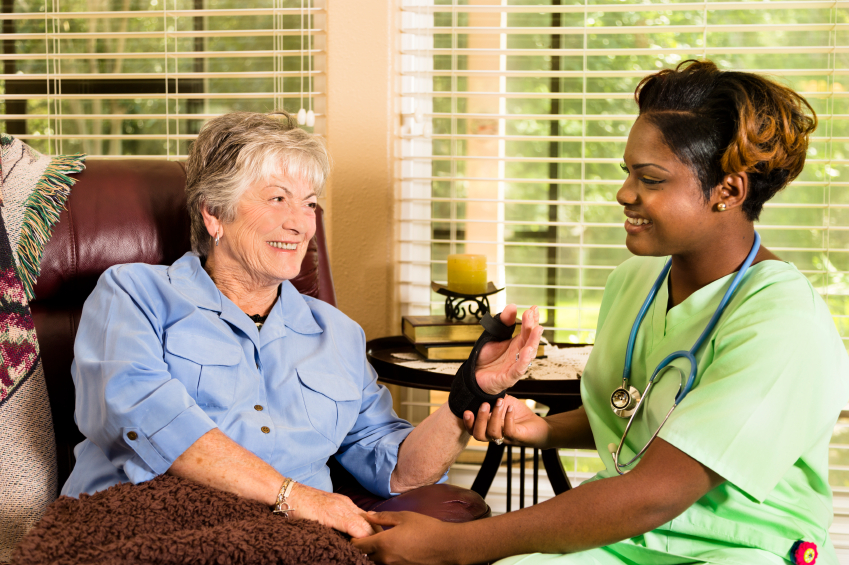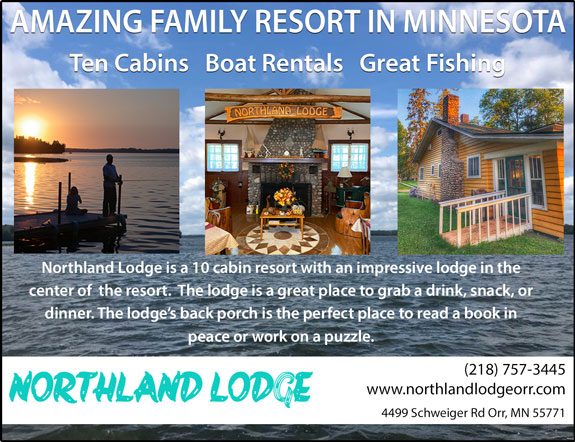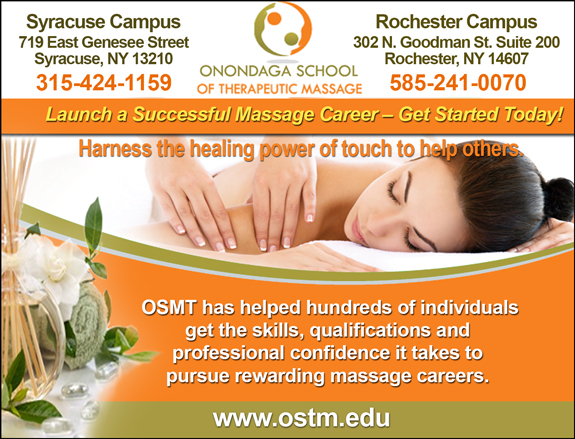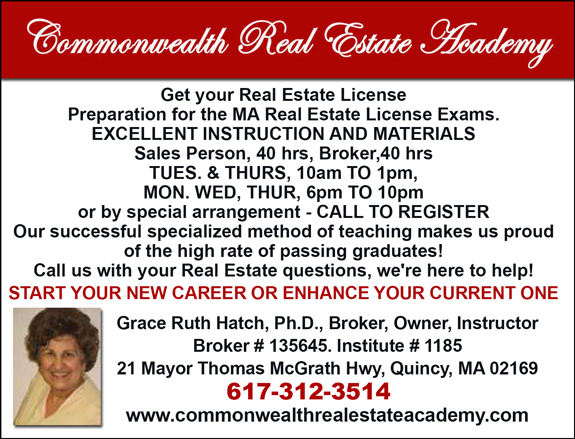
A recent study showed that more than 1.5 million wartime service veterans and their living spouses are entitled to VA pensions that are supposed to assist in paying for their long-term care: homecare, nursing homes or assisted living. This type of pension is known as "Aid and Attendance" and "Housebound." The sad part is that majority of these veterans and their spouses are not receiving these benefits since they don’t even know the programs existed let alone how they can filed for. This is because the whole process of filling the needed forms can be very frustrating. As a veteran grows older the VA department is supposed to offer services and benefits that will help the veteran deal with issues like health risks and financial challenges.
There a many benefits that are available to the elderly veterans. These benefits include:
- Disability compensation
- Pension
- Education and training
- Health care
- Home loans
- Insurance
- Vocational rehabilitation and employment
Aid & Attendance and Housebound
Additional monetary payment will be offered to any veteran and survivor who happens to eligible for the VA pension and needs the aid and attendance of another person, or are considered to housebound. This benefit is paid to the veteran monthly together with their pension and cannot be offered without the pension benefits. A veteran and his surviving spouse might not be able to get the Aid and Attendance benefits and Housebound benefits at the same time.
Aid & Attendance (A&A)
The Aid & Attendance (A&A) monthly benefits can be added to a veteran’s pension amount if they meet one of the below requirements:
- The veterans need the assistance of another person to do personal functions needed for everyday living like: bathing, feeding, dressing, attending to the wants of nature, adjusting prosthetic devices, or protecting themselves from the potential dangers of one’s daily living environment.
- A veteran is bedridden due to the disability he or she has, and can only leave the bed for any prescribed therapeutic course or treatment.
- The veteran is a patient at any nursing and diagnosed with physical or mental incapacity.
- The veteran’s eyesight is limited to a visual acuity of 5/200 despite being corrected. This can be in one eye or both. The concentric contraction is 5 degrees or less from the visual field.
- The annual family net income that is minus any expenses, is way below the yearly limit that has been by law. The limits are:
- Wartime service veteran with no dependents: below $21,531
- Wartime service veteran with one dependent: below $25,525
The Housebound Benefits
This extra monthly monetary pension allowance can be added to a veteran’s monthly pension if the veteran is confined to their immediate premises due to permanent disability. The other qualification would be that their annual family net income should be below the limits that are set by law, the limits are:
- Wartime service veteran with no dependents: below $15,773
- Wartime service veteran with one dependent: below $19,770
NB: A veteran who has one dependent is normally one who living with their spouse. The VA Department deducts the countable income by subtracting any medical expenses that are associated with the out-of-pocket costs like home care or assisted living. Statistics show that most veterans and their surviving spouses have very low incomes and definitely meet the minimum annual income requirement.
Many elderly veterans are not quite aware of the difference between these two benefits that are available to them, the Aid & Attendance and the Housebound Pension. The main difference between these two is the care and also the payment rates. In order to get an Aid and Attendance pension, the concerned veteran must need assistance to perform the daily living activities like dressing or bathing. While for the Housebound pension, he or she must be confined substantially in their immediate premise due to permanent disability.
The VA benefits for the elderly is able to cater for a portion for expenses of the nursing home care. This is only if the veteran or the surviving spouse has been catering for the expenses from their pocket. Though you will find in some rare cases, where assisted living expenses are not reimbursed by the insurance company, that’s when the VA pension comes in to assist and allow the veteran or the surviving spouse to live an affordable comfortable and assisted life. The VA can also give caregivers (spouses or close family members) tax free monetary assistance that is supposed to assist them to care of the veterans or the surviving spouse. The claimant, though must be able to meet the eligibility requirements that have been set by the VA in order to get the money.
The veterans are not limited to pick a VA facility, they can pick any nursing home that they deem to be most convenient to them. Also the provider doesn’t need to be a VA certified one, and any physician is able to document the care that is needed by the claimant. The nursing facilities costs will then be catered for by the VA Department, this applies to veterans and living spouses who are in independent living or assisted living.
The surviving spouse of a wartime veteran is eligible for the Aid and Attendance pension or a Housebound pension, which is if they meet the minimum requirements mentioned above. Their net income should also be below the following limits:
- For the Aid and Attendance pension, annual net income of below $13,836, for a living spouse with no dependents.
- For the Housebound pension, annual net income of below $10,580, for a living spouse with no dependents.
Just like with the veterans, the countable income of the surviving spouse is reduced by any medical expenses that are related to his/her care.
State Owned Veteran Homes
It’s true and very obvious that the State veteran’s homes help a lot in filling the need for elderly veterans who have low incomes and would want to spend their last days with their comrades. This predominant service can be accessed in state owned veterans nursing home care. The VA nursing homes have to be fully licensed in their particular state and be able to meet the skilled or intermediate nursing services that are offered in the private sector nursing homes in their state. The State homes can also provide assisted living care and/or domiciliary care, it’s more of supported independent living.
But then the number of state owned veteran homes in the country are less than 200. And that’s why there are private homes for the elderly veterans and surviving spouse. Some of the services that are offered by the Veterans’ homes are:
- Help with bathing
- Help with dressing
- Medication reminders
- Transportation
- Meal preparation
- Transferring to and from bed
- Personal care
- Respite care
- Light housekeeping
- Laundry
- Companionship
- Assisting the veteran access any community resources that can be used to improve their life.
There is at least one state owned veterans homes in every state, while some states like Oklahoma have close to 7 homes. The demand for the homes is very high but then the challenge of lack of enough federal funding has over the years created a delay in the construction of more than 130 care homes for the veterans.
Approximately there are about 7,391,000 service members who are still alive and had served in the Vietnam War era between the years 1964 and 1975. The Department of Veterans Affairs. Has estimated that of all the soldiers who had served during World War II between 1941 and 1945, only 1.71 million veterans are still alive. A heavy responsibility has been placed on the country when it comes to looking after the elderly veterans, the VA has been trying to make sure the elderly veterans have access to good health, employment needs and welfare.



